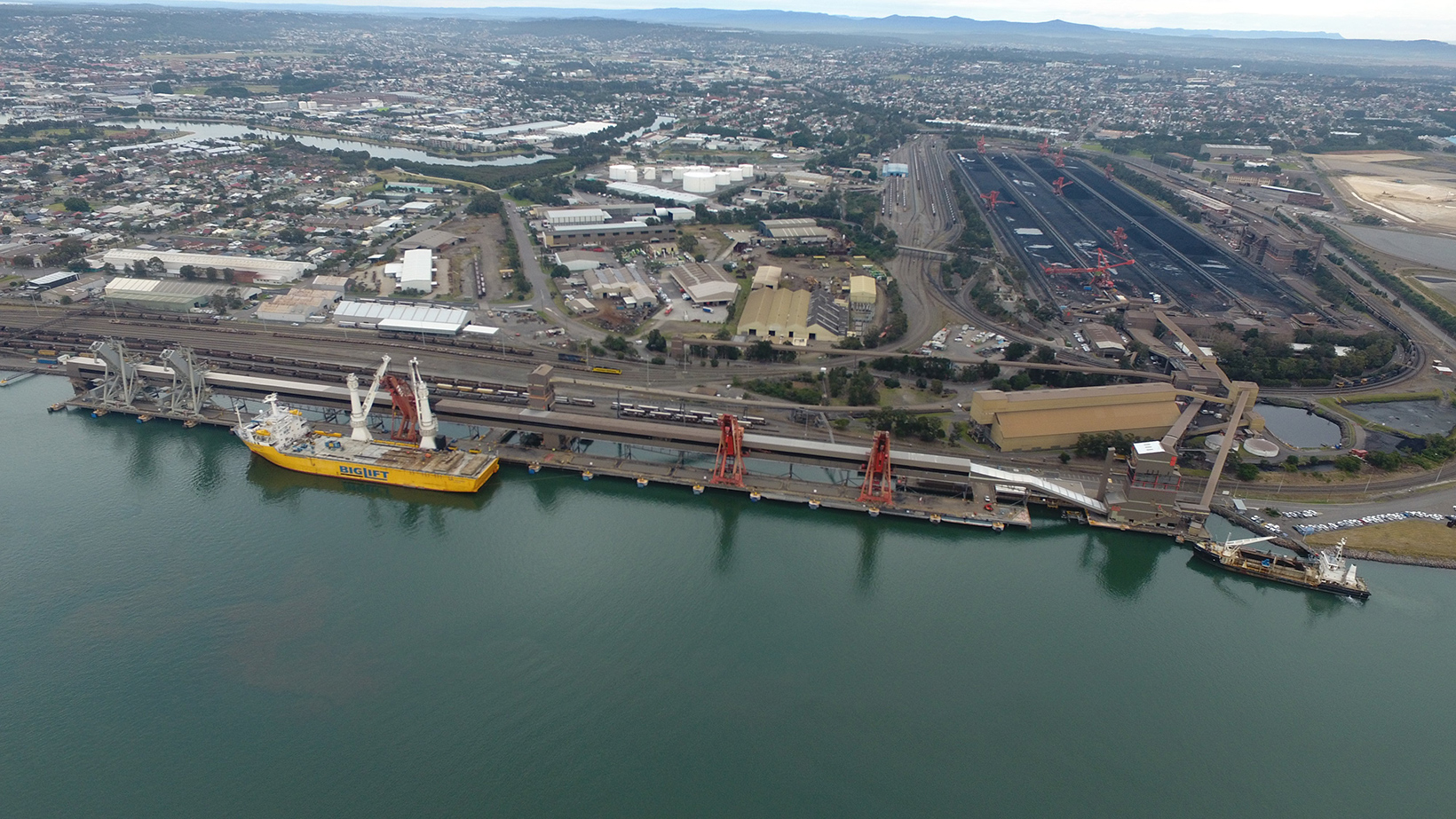Page
Rehabilitated Mining Land explored for Grazing Study in the Upper Hunter
Farmers, miners and representatives from Primary Industries and Resources and Energy are amongst a group of 21 people who visited sites in the Upper Hunter that will be part of a grazing study on rehabilitated mining land.
The Grazing Study is one of the key projects being undertaken as part of the Upper Hunter Mining Dialogue, which brings together local community and business groups, government and local miners to address some of the challenges and concerns about mining in the Upper Hunter.
The Grazing Study will begin in June 2014 and will investigate over the next four years whether rehabilitated mine land can sustainably support productive and profitable grazing in the Upper Hunter. Cattle will graze on rehabilitated mine land and on un-mined sites (analogue sites) that have been chosen because they are representative of the area. Over the period of the study, the rehabilitated mine land and un-mined sites will be compared on factors including animal health, soil and pasture composition and economic outcomes.
Local farmers inspecting the sites have shown interest in the variety of grasses grown on the the rehabilitated mine sites, including a number of tropical grasses not routinely used in the Upper Hunter. They have said they will follow with interest how these grasses perform and how they compare against the natural pasture on analogue sites.
The Study has been designed by the Department of Primary Industries in collaboration with the Upper Hunter Mining Dialogue Joint Working Group – Land Management, which includes representatives from agricultural groups, local farmers, environmental groups, state and local government and the mining industry. The study will be overseen by a Grazing Study Advisory Panel, which will include local farmers, Leonie Ball from Singleton Beef and Land Management Association and Wendy Bowman from MineWatch NSW.
The study sites are at Coal & Allied’s Hunter Valley Operations (analogue is the nearby Wandewoi property) and BHP Billiton Mt Arthur Coal (analogue in the adjoining Edderton property). The cattle will be supplied and managed by the leasees of Edderton and Wandewoi, which are owned by Mt Arthur Coal and Coal & Allied respectively.
The Grazing Study is a great example of how local miners are collaborating with the community in the Upper Hunter to change the way our mines operate and to collectively minimise the impacts of mining. You can find out more about the Upper Hunter Mining Dialogue and other projects underway by visiting our website.

